Ansible
What is Ansible?
Ansible is a software tool that provides simple but important automation forcross-platform computer
support. It's initially aimed for IT professionals, who apply it for application deployment, updates
on workstations and servers, cloud provisioning, architecture management,intra-service orchestration,
and closely anything a systems administrator does on a weekly or day-to-day base. Ansible does not
depend on agent software and has no more security structure, so it's easy to deploy.
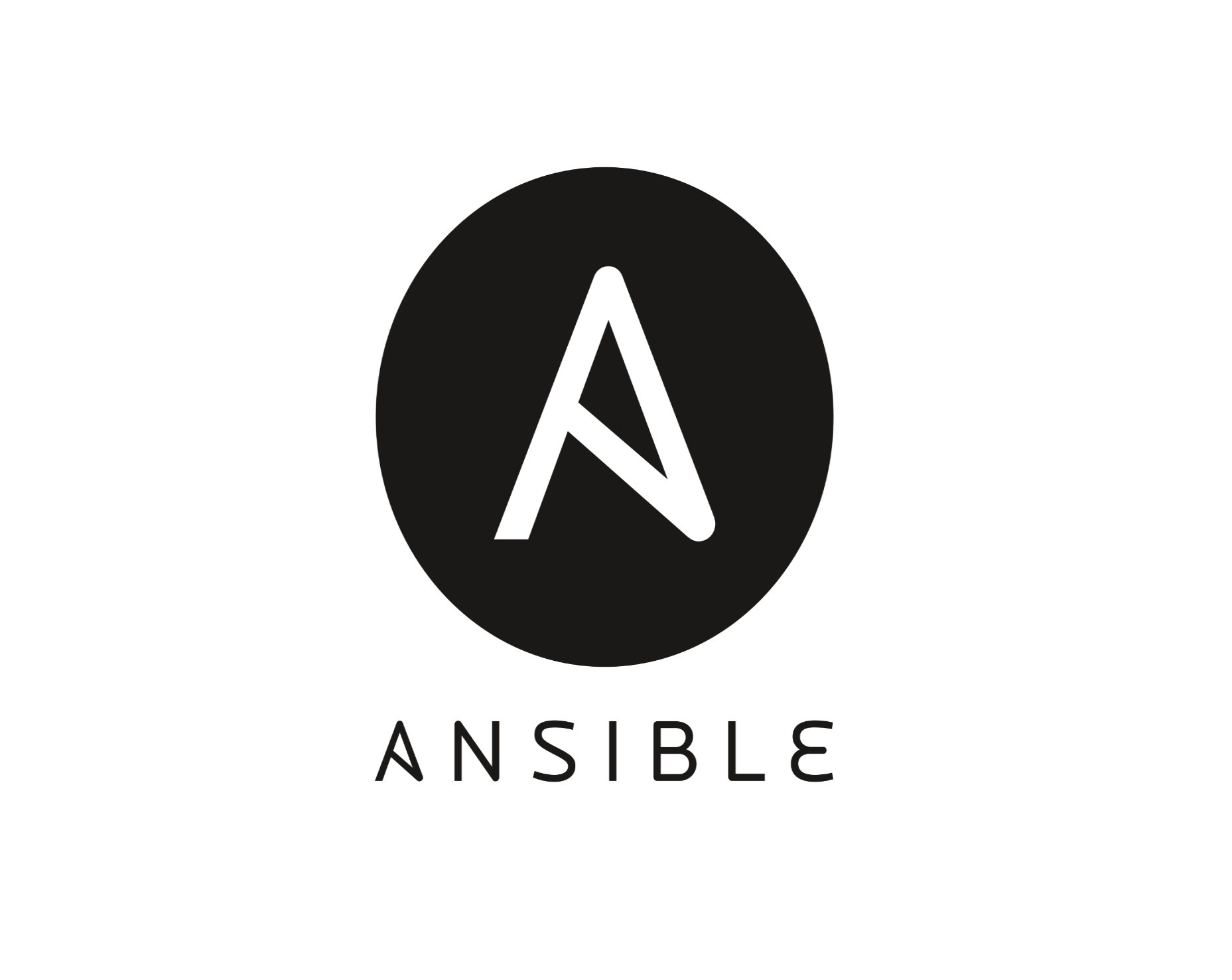
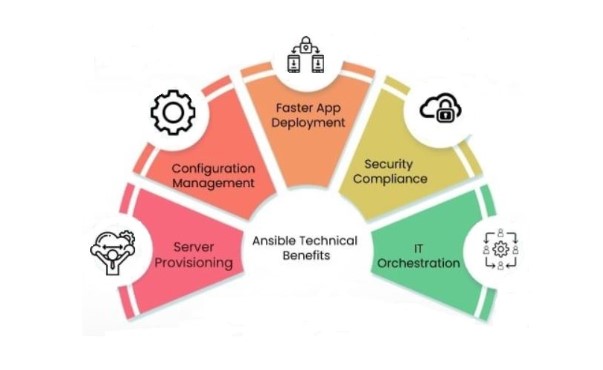
Benefits of Ansible
- Free: Ansible is an open- source tool.
- Very simple to set up and use: No unique coding skills are compulsory to utilize Ansible’s playbooks.
- Powerful: Ansible lets you model even largely complicated IT workflows.
- Flexible: You can orchestrate the whole application environs no matter where it’s deployed. You can also customize it based on your requirements.
- Agentless: You don’t require to install any different software or firewall ports on the customer systems you need to automate. You also don’t have to set up a different management structure.
- Efficient: Because you don’t want to install any redundant software, there’s further space for application resources on your server.

 Cloud computing
Cloud computing AWS
AWS DevOps
DevOps Terraform
Terraform Google Cloud Platform
Google Cloud Platform Ansible
Ansible Kubernetes
Kubernetes Docker
Docker Jenkins
Jenkins Robotic Process Automation
Robotic Process Automation Power Platform
Power Platform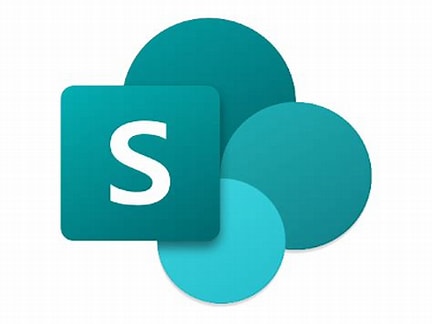 SharePoint
SharePoint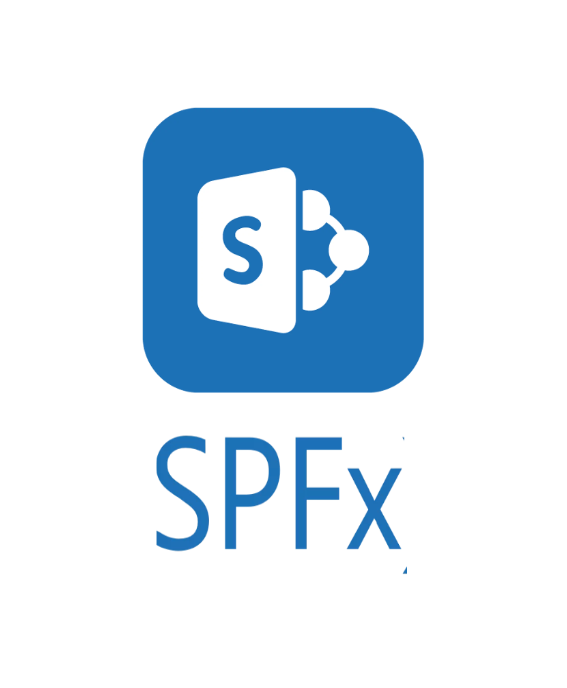 SPFx
SPFx  PHP
PHP Data Science
Data Science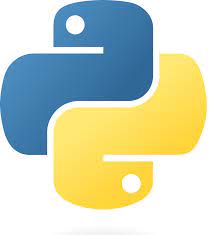 Python
Python React JS
React JS